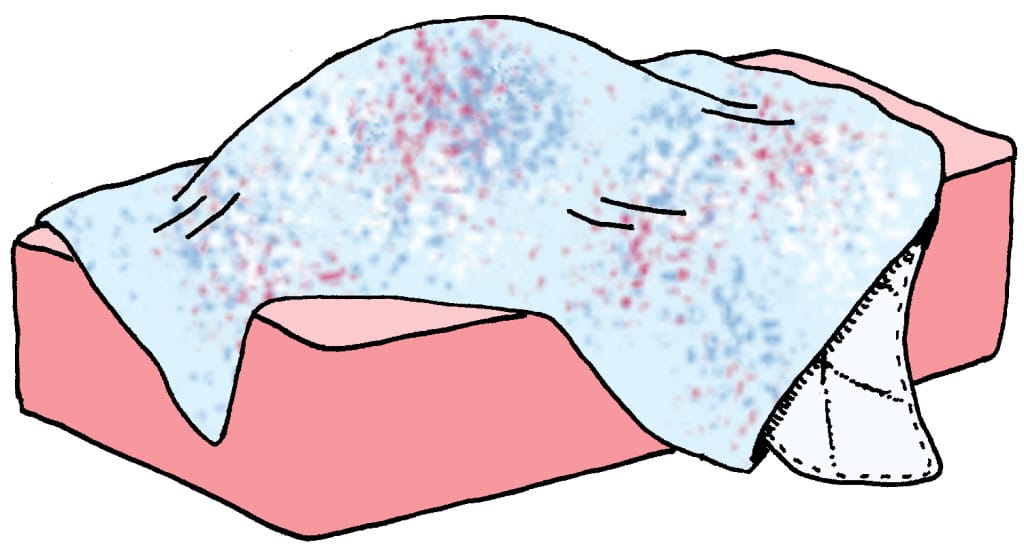Psychosis affects many people in the prime of life. And, as we have heard earlier, the first signs are nearly always depression and/or anxiety. If this depressive state tips over into a psychotic state, it may mean that plans and hopes for the future may not be fully realisable.
It’s not surprising that the person affected then becomes depressed, feels overwhelmed and full of despair. This often happens when they come out of a psychotic episode and the knowledge of what has happened sinks in. People with schizophrenia also become depressed. Sometimes this is reminiscent of the depressions in bipolar disorder.
To receive help in such difficult times it is important to keep to a therapist as long as possible. If the depression is serious, it may be relevant to prescribe antidepressants.

Some people who have gone through a psychotic episode become so depressed that they talk about killing themselves. If this happens, or they behave different in other ways, you must notify the therapist involve – often family and friends are the only people who can obtain relevant information. Approximately 4–5% of persons who have a psychosis disorder take their own lives, and the biggest risk appears the first year after the psychotic episode began.
For some an underlying depression can be the cause of the psychosis and be the psychosis itself. We then refer to this as a depressive psychosis.